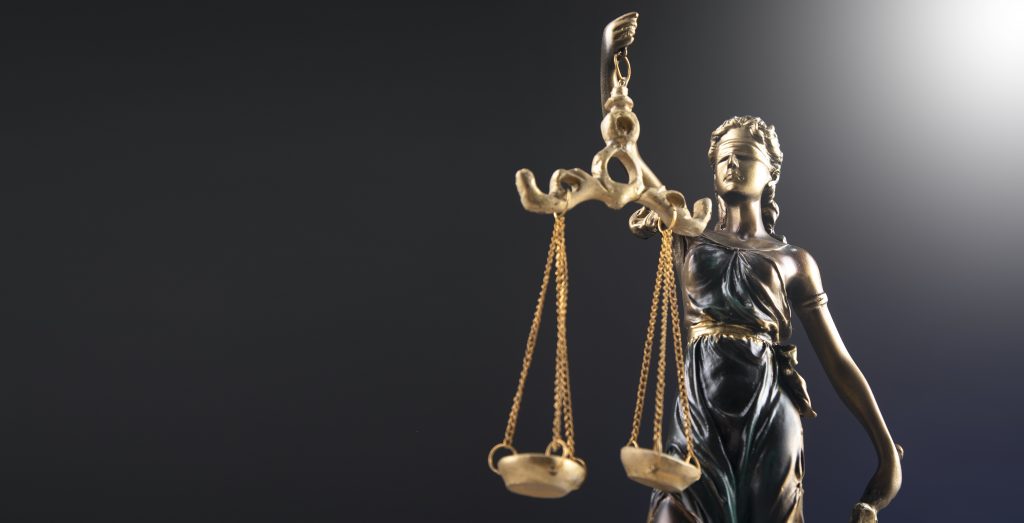The distinction between an expert witness and an ordinary witness in legal proceedings is critical. The type of testimony a witness provides, and their role in a case, varies widely. Here, comparing a professional specialist with a lay witness, we have a case of extremes.
In the intricate landscape of legal proceedings, it’s essential to understand the roles and contributions of various types of witnesses. This blog post explores the critical distinction between an expert witness and a lay witness, often referred to as an ordinary witness. Each type of witness fulfills a unique and vital role in the judicial process, influencing the testimony they provide and their overall impact on a case.
Expert witnesses possess specialized knowledge, skills, experience, or education that qualify them to offer professional opinions on complex issues within a legal context. Their expertise proves invaluable, especially in cases involving technical or specialized content. This information generally surpasses the average person’s understanding. Often, the expert provides context in understandable terms. Conversely, lay witnesses bring their direct observations and personal experiences related to the events of the case. They offer a narrative that establishes the foundational facts of a situation.
This distinction not only influences the nature of the testimony provided but also shapes the strategic deployment of these witnesses in court. Legal professionals must understand these differences to present their cases effectively, and individuals must grasp these dynamics to comprehend the nature of legal testimonies.
In this blog post, we will define the roles and strategic importance of both expert and lay witnesses. We will also highlight how their testimonies fundamentally differ in basis and scope, and how their complementary roles can provide a well-rounded perspective crucial for fair and informed judicial decisions. Join us as we break down these roles to appreciate how each type of witness contributes to the legal process, ensuring thorough examination and understanding of all case aspects.
Ordinary Witness
Definition
A lay witness gives testimony in court about their personal observations and direct experiences. These individuals either directly participate in or witness the events at the heart of the case.
Testimonies of Lay Witness
Lay witnesses limit their testimony to what they have personally observed and experienced. They describe events and facts, avoiding interpretations or opinions needing specialized knowledge.
Purpose of lay witness testimony
Lay witnesses set the basic factual structure of a case. Their firsthand accounts either support or challenge evidence, offering crucial insights for assessing the case’s authenticity and details.
Role in Legal Trials
In the courtroom, lay witnesses present narratives that either support existing evidence or introduce alternative perspectives on the events. These perspectives are essential for judges and juries. The testimonies of lay witnesses vividly detail the factual circumstances of the case, greatly influencing how the jury perceives and understands the events. Their accounts can shift the direction of a trial by offering fresh insights or confirming crucial details.
Expert Witness
Subject Matter Experts
An expert witness has specialized knowledge, skills, experience, or education that qualifies them to provide a professional opinion on issues pertinent to a legal case. Some examples include forensics specialists, medical specialists, or technical advisers. Their expertise significantly surpasses that of the average person, making their insights critical to legal analysis.
Testimony from Professional Witnesses
Testifying experts offer opinions, interpret complex data, and conclude on specialized matters. Their role is instrumental in clarifying technical or complex issues, helping to contextualize and evaluate the evidence.
Purpose of legal consultants
The primary function of an expert witness is to shed light on areas that necessitate specific technical knowledge or expertise. They aid the court by interpreting intricate data and providing insights that go beyond the grasp of laypersons.
Influence in Legal Outcomes:
Expert witnesses often play a pivotal role in cases involving complex, technical, or specialized knowledge. Their testimony can be the linchpin in establishing causation, the standard of care, or other critical issues, providing the court with a clear understanding of the technical aspects of a case.

KEY DIFFERENCES IN AN EXPERT’S AND A LAY PERSON’S TESTIMONY
Basis of Testimony
Ordinary witnesses base their testimony on personal experience and direct observation, whereas expert witnesses derive their testimony from specialized knowledge, providing detailed analysis and expert opinions.
Scope of Testimony
Expert witnesses can address broader issues, including hypothetical scenarios and outcomes based on their expertise, while lay witnesses are limited to what they have personally witnessed.
Engagement in the Case
Lay witnesses are usually involved due to their direct connection to the events, making their testimony naturally relevant. Expert witnesses, however, are engaged for their specialized knowledge, often without any prior connection to the events of the case.
Engagement in the Legal Strategy
The strategic deployment of expert and lay witnesses influences the dynamics of a trial. Legal teams must carefully decide when to employ each type of witness to optimize the presentation of the case, balancing factual recounting with specialized analysis to build a compelling narrative.
Complimentary Roles
While lay witnesses provide the foundation with factual accounts, expert witnesses add depth with their analytical capabilities. Together, they offer a comprehensive view of the case, combining factual recounting with expert analysis.
Conclusion
Both expert and lay witnesses are indispensable to the judicial process, providing unique and complementary types of testimony. By strategically using the insights of expert witnesses along with the factual accounts of lay witnesses, legal teams can provide the court with a well-rounded perspective of the case. This comprehensive approach ensures that all aspects of the case are examined from multiple perspectives, helping to achieve a more informed and fair judgment.
Are you an expert?
Join a thriving community of over 15,000 experts at Expertinfo.com, where your knowledge is valued and your expertise makes a difference. With 40 years of experience in connecting experts like you with attorneys who need your specialized skills, we’re dedicated to facilitating successful collaborations. Don’t miss the opportunity to impact critical legal cases and expand your professional network. Reach out today and become part of our extensive database of leading experts. Your expertise isn’t just needed—it’s essential. Connect with us now and start making a difference!







